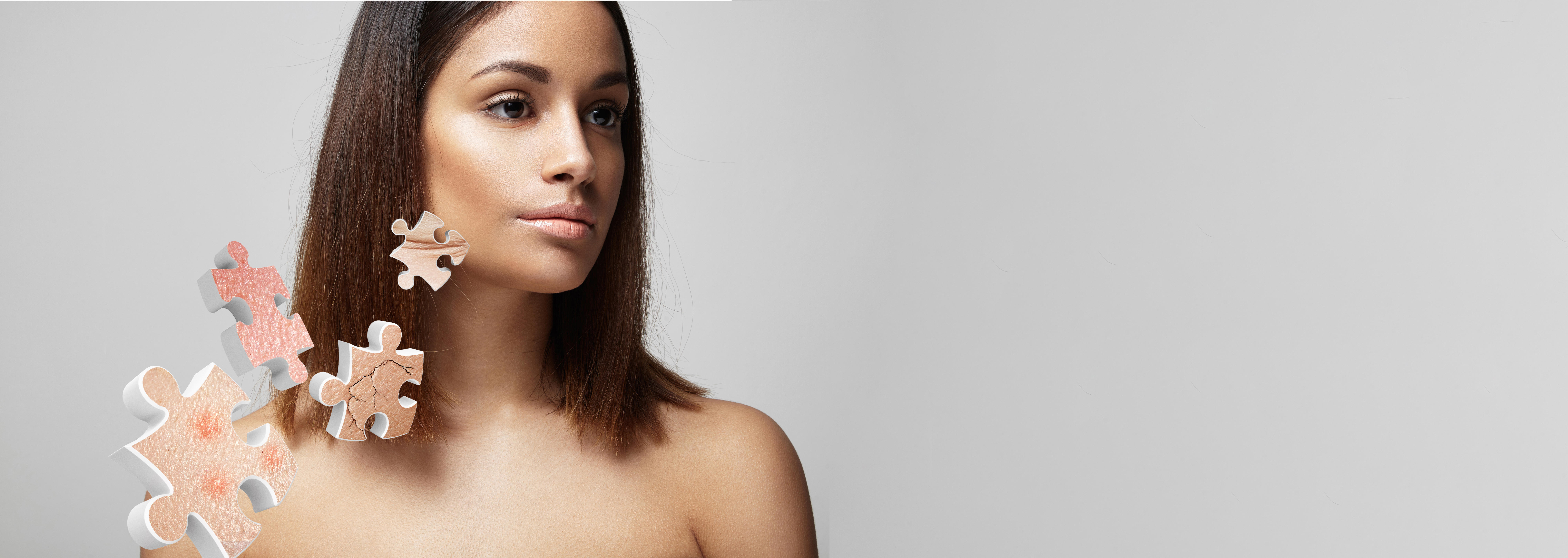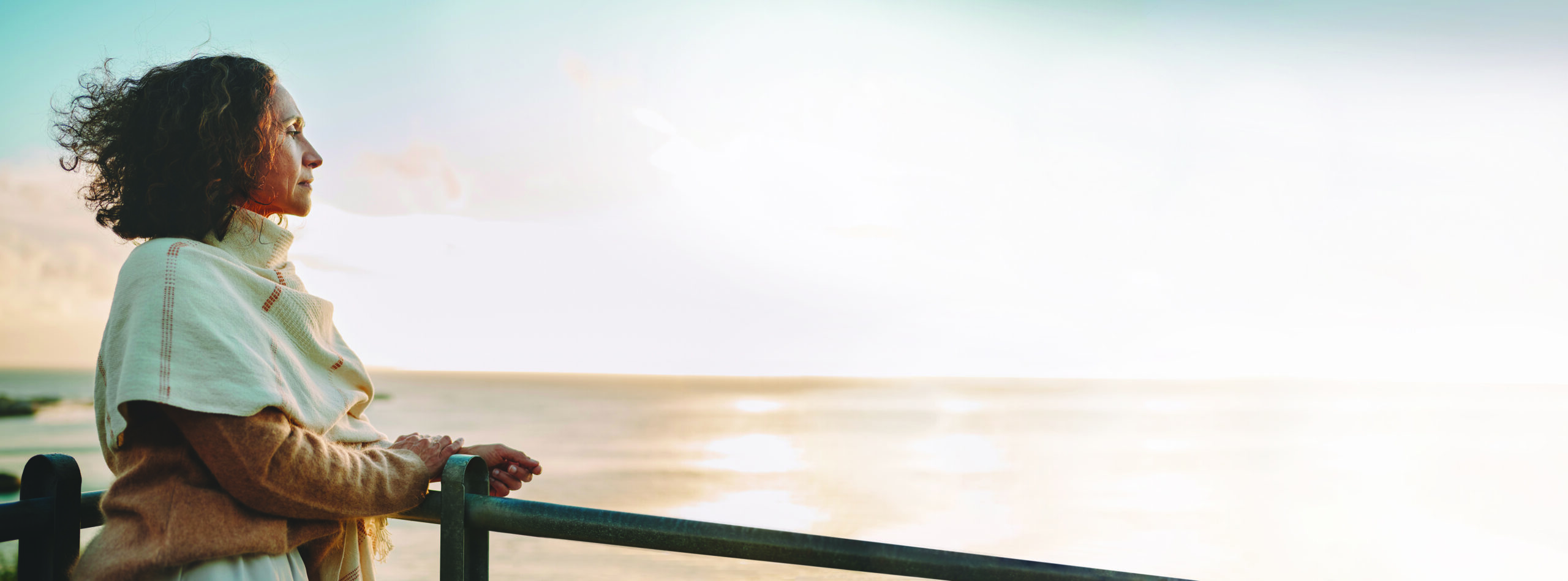by Brandy Abalos
The skin is the largest organ of the human body. Since it protects the entire body, it’s essential to take care of it to ensure its health and longevity. There are some common skin problems that nearly everyone faces at one point or another.
Hives
Hives, called urticaria in the medical world, look like raised red spots on the skin. These welts can itch, sting or burn. They are very uncomfortable. Hives may cover a very small or large area of skin. They can last anywhere from minutes to days, depending on their cause.
Causes of hives include extreme temperatures, infections or allergic reactions to medications, foods or additives in food. Both children and adults are known to get hives frequently. They can be treated with antihistamines and skin creams, which can help with symptoms like excessive itching. Cold water and ice packs can also help deal with the irritation.
While occasional mild hives may not need to be treated by a medical professional, it’s important to see a doctor if they cover a large area of skin or last more than a few days. Determining the cause of hives can prevent them in the future.
Eczema
Eczema is a non-contagious skin condition that causes inflamed, red, dry and itchy skin. It usually appears first in childhood, but many adults also suffer from the condition. For adults, eczema often appears on the elbows, hands and in skin folds. Children may experience the condition anywhere on their bodies.
While doctors do not know the exact cause of eczema, many things can make its symptoms flare. Stress, environmental irritants, allergies and climate changes (such as excessive heat or cold) can worsen eczema.
There are many over-the-counter lotions specifically designed to treat eczema. There are also prescription creams, pills and injections that can help with symptoms. Cool baths and soft clothing can also ease the pain of eczema.
Rosacea
Some people flush easily or turn red in various situations. If the redness is primarily on the nose, chin, cheeks and forehead, it may be rosacea. This condition can get redder over time. Thickened skin, bumps and pus-filled pimples may accompany it. Rosacea can even affect the eyes.
There are oral and topical medications available for people who suffer from rosacea. Broken blood vessels and red, thickened skin can be treated with lasers. Ice packs and cool water can relieve ongoing pain from rosacea.
Razor Bumps
Shaving can cause razor bumps, which is when the hair follicles become inflamed. This most often occurs on the face or neck but can occur anywhere someone shaves or plucks hairs. Shaving bumps cause severe irritation on the skin and can lead to pus-filled pimples and even scars.
Taking a hot shower before shaving and allowing the steam to flow over the pores can help minimize razor bumps. Applying a hot towel before shaving can have a similar effect. It also helps to use shaving cream or foam and pull the razor blade in the direction the hair grows. After shaving, rinse with cold water to soothe the skin and apply moisturizer.
Skin Tags
Skin tags are a common condition in adults. However, they are most common in women and older adults. They are small flaps of skin that are flesh-colored or slightly darker. It hangs by a thin stalk. They are most commonly found on the neck, chest, back, armpits, breasts and groin areas.
Skin tags are not dangerous and don’t typically cause pain unless clothing or other skin irritates them. A doctor can cut, freeze or burn them off to remove them. If skin tags are irritated or itchy, cover them with a band-aid.
Acne and Clogged Pores
Dirt and bacteria often clog pores, causing acne and blackheads. Hormones often trigger acne, which often appears on the face, chest and back. It is common to develop pus-filled pimples (whiteheads) or cysts.
To control acne, try to keep oily areas on the face clean. Don’t squeeze clogged pores, as they can get infected and scar. Use a moist washcloth to reduce irritation if the acne is painful.
Taking Care of the Skin Is Important
The skin protects many other parts of the body. Taking care of it and treating any condition it develops is essential. In most cases, over-the-counter medications can treat skin conditions. However, consulting a medical practitioner may be necessary for severe conditions








Leave A Comment